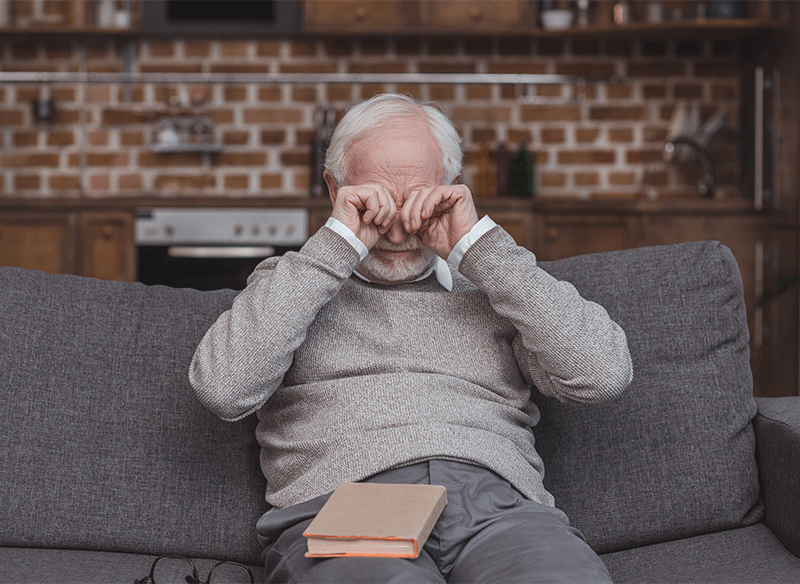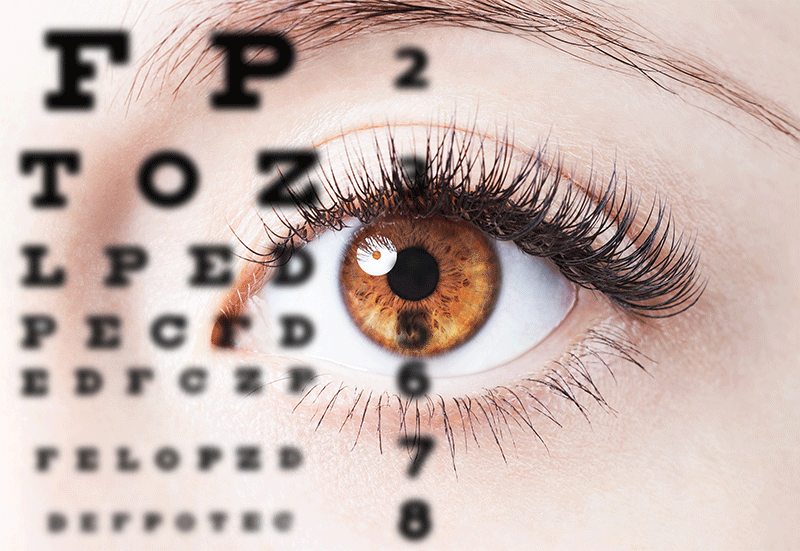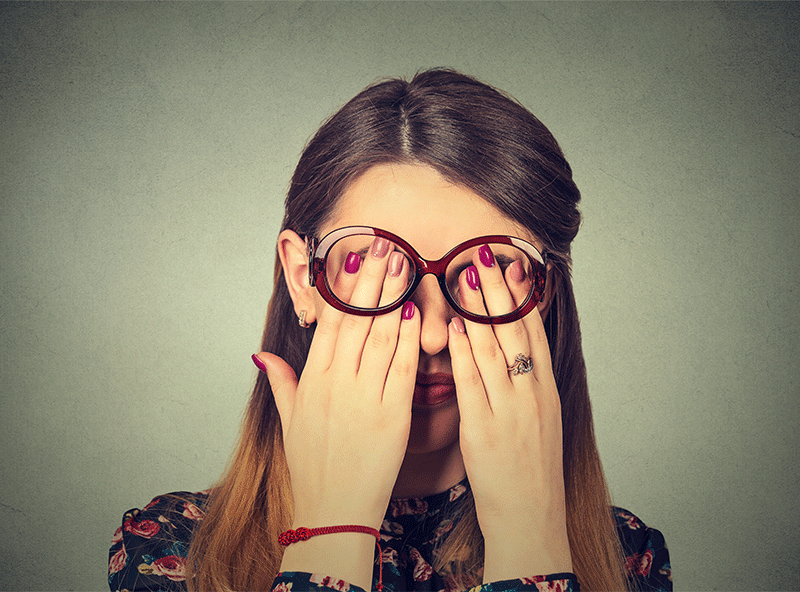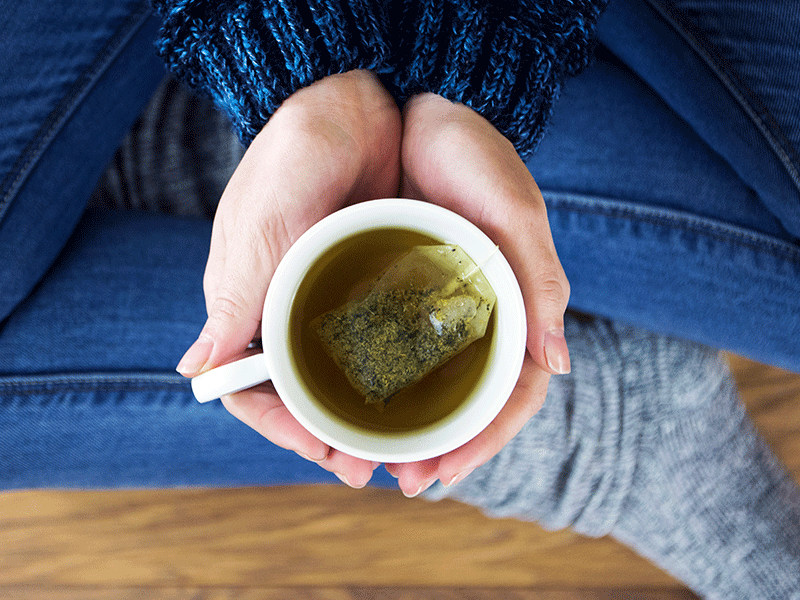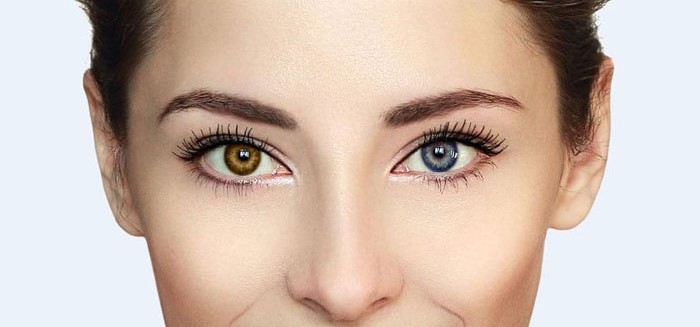We all know that exercise is important for a healthy lifestyle. It helps us stay in shape and reduce our risk for serious diseases. But, there’s one other benefit you might not know about – and that’s better eye health and vision. Don’t believe us? Keep reading to learn more about the benefits of exercise for the eyes.
Read more →If you haven’t already been practicing self-care, make 2019 the year that’s all about you. Sometimes we focus a little too much on caring for others, causing our own needs to get pushed to the backburner. But, it’s always important to take time to focus on our own health and wellness, especially when it comes to our eyes. With that said, there’s never been a more perfect time to form healthy habits of self-care in the New Year.
Read more →You’ve found the perfect pair of glasses. Not only are they on trend, but they highlight your best features. After spending the time and money to pick out eyewear, it’s important that you protect your investment. Consult these eyewear care do’s and don’ts to ensure your glasses look and work their best.
Read more →There are many reasons why you may rub your eyes. Maybe they’re itchy due to an allergen, like pollen or dust. Or perhaps you’re overtired and rub them to keep them open. No matter what prompts you to rub your eyes, it’s time to break the habit for good. Why? Because of these five reasons.
Read more →Hindsight may be 20/20, but what about your actual vision? And, what does 20/20 vision really mean, anyway? We’ve all heard the term before, but it’s important to understand what 20/20 vision means for your eye health. Saying that someone has 20/20 vision implies that they have good eyesight – specifically, sharpness of vision or visual acuity. But, before we dig deeper into the details, there are some other eye health terms you should know:
Read more →Have you ever stopped what you’re doing because your eyes feel tired or sore? There’s actually a name for this – it’s known as eye strain. Eye strain happens when your eyes have to focus in lighting that’s too dark or too bright for an extended amount of time. Examples of this include trying to read in dim lighting, working on a computer all day, and uninterrupted screen time with a cell phone or TV. The chances of experiencing eye strain are increased if you have uncorrected vision problems.
Read more →Green tea is often revered for its multitude of health benefits. It contains antioxidants and nutrients that may promote weight loss, lower the risk of certain types of cancer, Alzheimer’s and Parkinson’s and improve brain function. But, did you know that green tea is also an excellent food for your eye health? Here’s all you need to know about the eye health benefits of green tea.
Read more →Sunglasses are a staple in everyone’s wardrobe. Whether you wear them to accessorize an outfit or protect your eyes from the sun, we all need a signature pair. However, for those of us who wear contacts or glasses, wearing sunglasses can be quite a challenge. That’s where prescription sunglasses come in. Prescription sunglasses allow you to have the sun and glare-protection that you need, while also correcting your vision. Read on to learn about the benefits of prescription sunglasses.
Read more →Most eye injuries among kids occur between the ages of 11 and 14 while playing sports. Although, they can happen at any age. However, the majority of these injuries can be prevented with proper precaution and understanding of eye care. Here is what you need to know about sports-related eye injuries and how to avoid them.
Read more →Ever been curious about what causes people to have two different colored eyes? You are not alone. Having two different colored eyes is actually a condition called heterochromia. Eye color is determined by two factors: pigment, called melanin, and the amount or pattern of that pigment. All of this is ultimately controlled by your genes. So, in the case of heterochromia, what genes dictate two different eye colors?
Read more →


